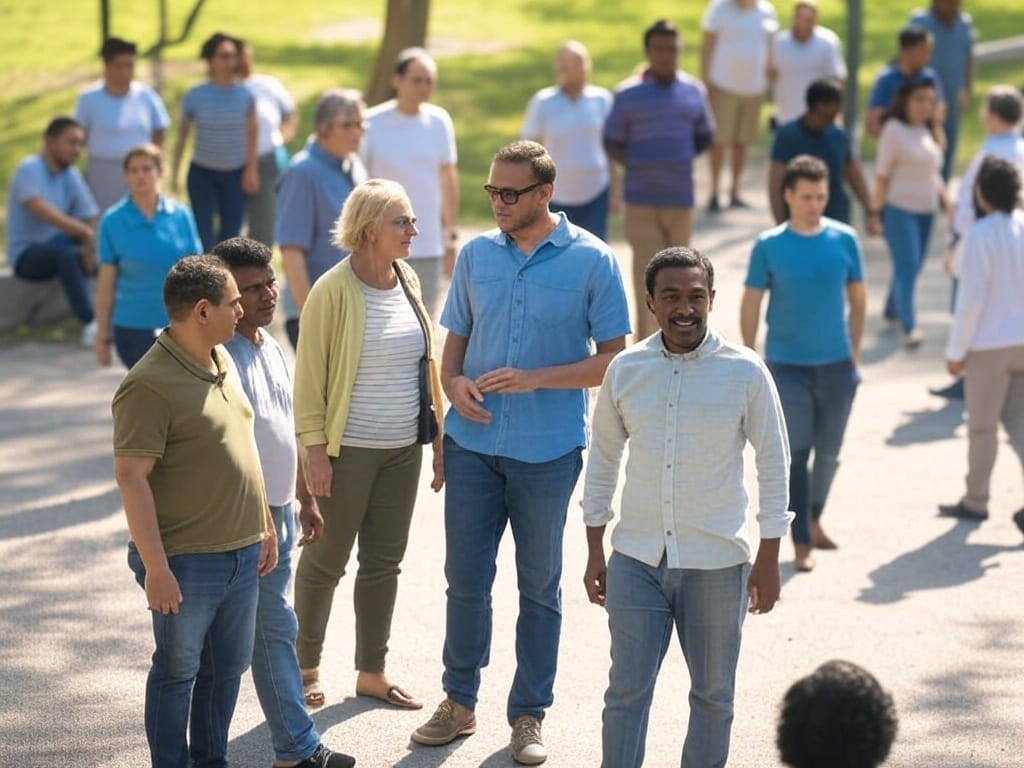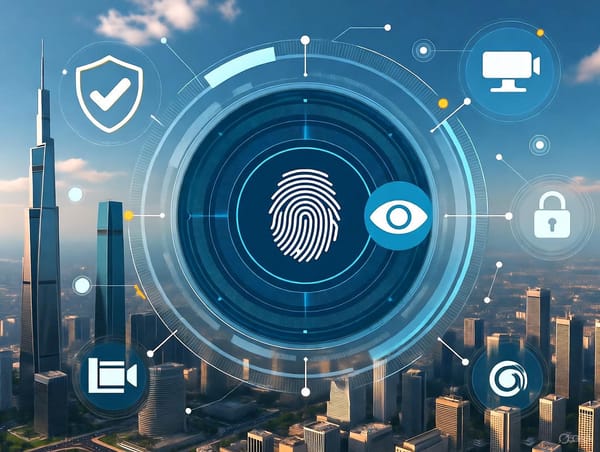The Foundations of Trust
Authenticity and reliability are the cornerstones of trust, transforming fleeting connections into enduring community bonds that withstand life’s highs and lows.

Communities are the heartbeat of human connection. Whether it’s a tight-knit neighborhood, an online group, or a circle of friends, the strength of any community lies in one essential ingredient: trust. Without it, relationships crumble, collaboration falters, and the sense of belonging dissipates. But trust doesn’t appear out of thin air—it’s cultivated through deliberate actions, genuine intentions, and a commitment to showing up, time and time again. In this article, we’ll dive into why authenticity and reliability are the cornerstones of trust and explore practical ways to build bonds that endure life’s inevitable highs and lows.
Trust
At its core, trust is the belief that others will act in ways that align with our expectations—whether that’s keeping a promise, respecting our vulnerabilities, or standing by us when challenges arise. In a community, trust creates a safe space where people feel free to share ideas, express themselves, and lean on one another. It’s the invisible glue that holds a group together, transforming a collection of individuals into a unified whole.
But trust is fragile. A single betrayal, inconsistency, or moment of inauthenticity can fracture it, sometimes irreparably. That’s why building and maintaining trust requires intention and effort. It’s not enough to simply say, “Trust me.” Trust must be earned through actions that demonstrate authenticity and reliability—two qualities that signal to others that you’re worth believing in.
Authenticity
Authenticity is about being real. It’s showing up as your true self, without pretense or a polished facade. In a world where social media often amplifies curated perfection, authenticity stands out as a breath of fresh air. When people sense that you’re genuine—flaws, quirks, and all—they’re more likely to let their guard down and connect with you on a deeper level.
Why Authenticity Resonates
Imagine joining a community where everyone seems to have it all together—perfect lives, flawless opinions, no struggles. It might feel intimidating, even alienating. Now picture a group where someone admits they don’t have all the answers, shares a personal challenge, or laughs at their own mistakes. That vulnerability invites others in. It says, “You don’t have to be perfect to belong here.” Authenticity breaks down barriers and fosters trust because it’s relatable and human.
How to Be Authentic in Practice
Being authentic doesn’t mean oversharing or baring your soul to everyone. It’s about consistency between your words, actions, and values. Here are some practical ways to embody authenticity in a community:
- Speak Your Truth (Kindly): Share your thoughts and feelings honestly, even if they’re messy, but do so with respect for others.
- Own Your Mistakes: When you mess up, admit it. Apologize sincerely and show how you’ll grow from it.
- Ditch the Mask: Resist the urge to project an image that isn’t you. Let people see the real, imperfect person behind the role you play.
When you’re authentic, you give others permission to be themselves too. That mutual openness is the foundation of trust.
Reliability
If authenticity is the heart of trust, reliability is its backbone. Reliability means showing up—consistently, predictably, and dependably. It’s the promise that you’ll be there when it counts, whether that’s keeping a commitment, following through on a task, or simply being present during tough times. In a community, reliability turns fleeting connections into enduring relationships.
Why Reliability Builds Confidence
People trust those they can count on. If you say you’ll organize a meetup and then flake, or promise support but disappear when it’s needed, others will hesitate to rely on you again. On the flip side, when you consistently deliver—whether it’s a small gesture like responding to messages or a big one like leading a project—people start to see you as a pillar they can lean on. Over time, that reliability weaves a web of trust that strengthens the entire community.
Practical Steps to Show Up Consistently
Reliability isn’t about being superhuman; it’s about being intentional. Here’s how to make it a habit:
- Set Realistic Commitments: Only promise what you can deliver. It’s better to under-promise and over-deliver than to overcommit and fall short.
- Be Present: Show up physically, emotionally, or virtually when you’re needed. Even a simple “I’m here for you” can mean the world.
- Follow Through: If you take on a responsibility—big or small—see it through. People notice when you keep your word.
Consistency doesn’t mean perfection. Life happens, and sometimes you’ll stumble. What matters is communicating when you can’t meet an expectation and making it right afterward. That accountability reinforces trust even in the face of setbacks.
Creating Bonds
Communities aren’t static—they evolve with the people in them. Life brings celebrations and crises, and a trusting community can navigate both. Authenticity and reliability aren’t just nice-to-haves; they’re the tools that help a group stay cohesive when the going gets tough.
Trust in Times of Joy
During the highs—like a shared success or a milestone celebration—authenticity shines through genuine excitement and reliability shows in the effort to mark the moment together. These positive experiences deepen trust, creating a reservoir of goodwill that carries the community forward.
Trust in Times of Struggle
The true test of trust comes during the lows—conflict, loss, or uncertainty. When someone’s authentic enough to say, “I’m struggling,” and others reliably step up to listen or help, the community proves its strength. These moments forge bonds that last, because they show that trust isn’t conditional.
A Cycle of Reinforcement
Here’s the beauty of it: authenticity and reliability feed each other. When you’re real with people, they’re more likely to rely on you. When you show up consistently, they feel safe being their true selves. This cycle builds a community where trust isn’t just present—it’s unshakable.
Practical Takeaways
Building trust in a community isn’t a one-time event; it’s a daily practice. Here’s how to start—or strengthen—your efforts:
- Lead by Example: Be the authentic, reliable person you’d want to meet. Others will follow your cue.
- Listen Actively: Show people they matter by hearing them out without judgment.
- Celebrate and Support: Be there for the wins and the losses—it’s the consistency that counts.
- Stay Patient: Trust takes time. Keep showing up, and the bonds will grow.
Final Thoughts
The foundations of trust—authenticity and reliability—aren’t flashy or complicated, but they’re profound. They turn strangers into allies, acquaintances into friends, and groups into communities that stand the test of time. In a world that’s often unpredictable, a trusting community offers something rare: a place where people feel seen, valued, and secure. So, take the first step. Be real. Be there. And watch how trust transforms the people around you—and you along with them.





